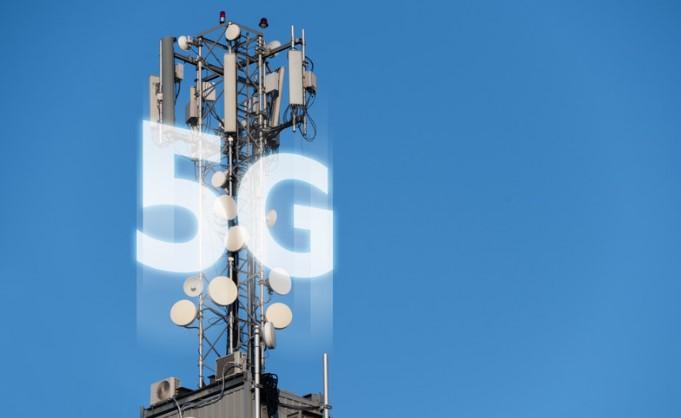Free 5G: The Department of Telecommunications (DoT) in India has extended the free usage of the indigenous 5G test bed for recognised startups and MSMEs from January 2023 to January 2024. This move by the ministry is aimed at promoting the usage of the 5G test bed, which will give a boost to the development of indigenous technologies and products, in line with the ‘Aatmanirbhar Bharat’ vision. The test bed is compliant with the global 3GPP and the ORAN standard, and enables research and development teams of Indian academia and industry to validate their products, prototypes, algorithms and showcase various services.
The ministry stated, “Several startups and companies are already using the test bed for testing their products and services.” The 5G test bed is currently available at IIT Madras, IIT Delhi, IIT Hyderabad, IIT Kanpur and IISc Bangalore, and all 5G stakeholders including academia, service providers, R&D institutions, government bodies and equipment manufacturers can utilise it at a very nominal rate.
The announcements come weeks after the Indian government shared plans of setting up 100 labs in engineering institutions across the country to develop 5G mobile network applications, exploring opportunities galore, business models and employment potential. During the Union Budget 2023, Finance Minister Nirmala Sitharaman also said, “The labs will cover, among others, applications such as smart classrooms, precision farming, intelligent transport systems and healthcare applications.”
PM Narendra Modi launched the indigenous 5G test bed in May 2022, which enabled Indian startups, MSMEs, academia and industry users to test and validate their 5G products. This resulted in cost efficiency and reduced design time, and also helped Indian 5G products become competitive across the globe.
The DoT approved a financial grant of INR 224 Cr in March 2018 to build a 5G test bed. The eight institutes, which collaborated for building the indigenous test bed, include: IIT Madras, IIT Delhi, IIT Hyderabad, IIT Bombay, IIT Kanpur, IISc Bangalore, Society for Applied Microwave Electronics Engineering & Research (SAMEER) and Centre of Excellence in Wireless Technology (CEWiT).
As of December 2022, Indian telecom players expanded 5G services to 50 towns in the country, as the Union Communications Minister Ashwini Vaishnaw said in the Parliament. Telecom operators Airtel and Jio are currently offering 5G services across the country and are targeting to complete the 5G rollout by December 2023. Meanwhile, Vodafone Idea (Vi) and BSNL will soon be starting their services.
According to Ericsson’s Mobility Report, India was estimated to have about 31 Mn 5G users by the end of 2022, and the numbers were further projected to go up to 690 Mn by 2028. The extension of the free usage of the indigenous 5G test bed will not only help in promoting the development of indigenous 5G products but will also help in achieving these projected numbers.
Free 5G will reduce time to market
This move by the DoT is expected to create a conducive environment for startups and MSMEs to innovate and develop new products, leading to job creation and boosting the country’s economy. The use of the 5G test bed will enable these companies to validate their products and services before launching them in the market, thus reducing their time to market and improving their competitiveness.
The DoT’s extension of the free usage of the indigenous 5G test bed is a step towards achieving India’s vision of a self-reliant and technologically advanced nation, in line with the ‘Aatmanirbhar Bharat’ initiative. The move will encourage startups and MSMEs to utilise the 5G test bed and accelerate the development of indigenous technologies and products.
Moreover, the nominal rates at which all 5G stakeholders can now access the test bed will facilitate research and development in the field of 5G technology, leading to innovation and the creation of new business models. The development of the 5G network infrastructure and the promotion of indigenous 5G products will also help to drive employment opportunities in the country, aligning with the government’s efforts to create a self-sufficient ecosystem.



